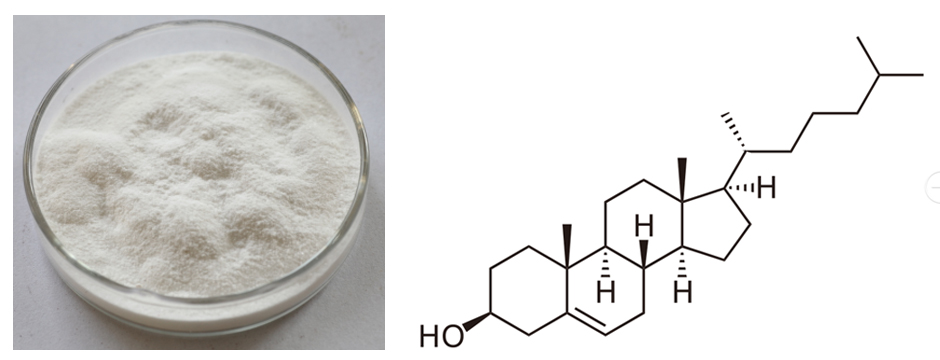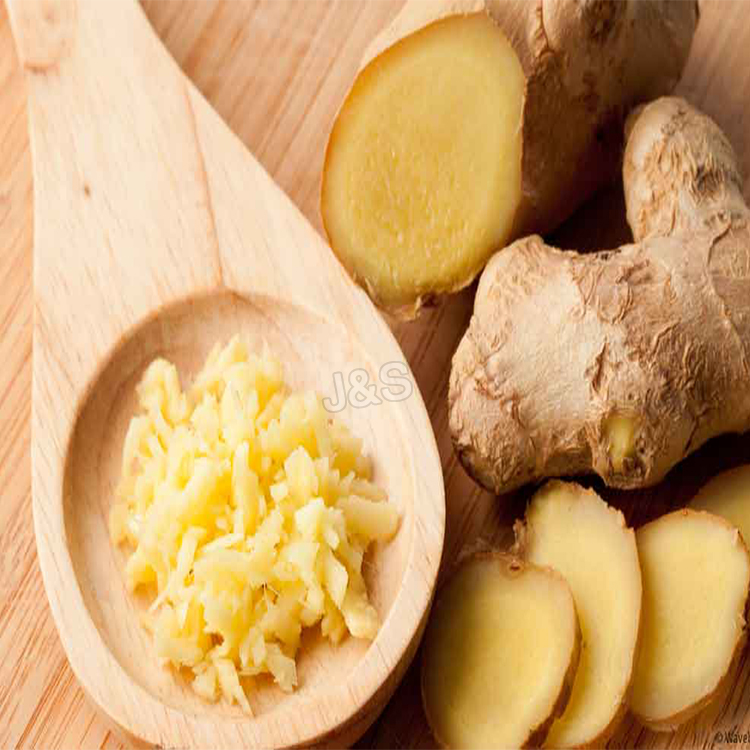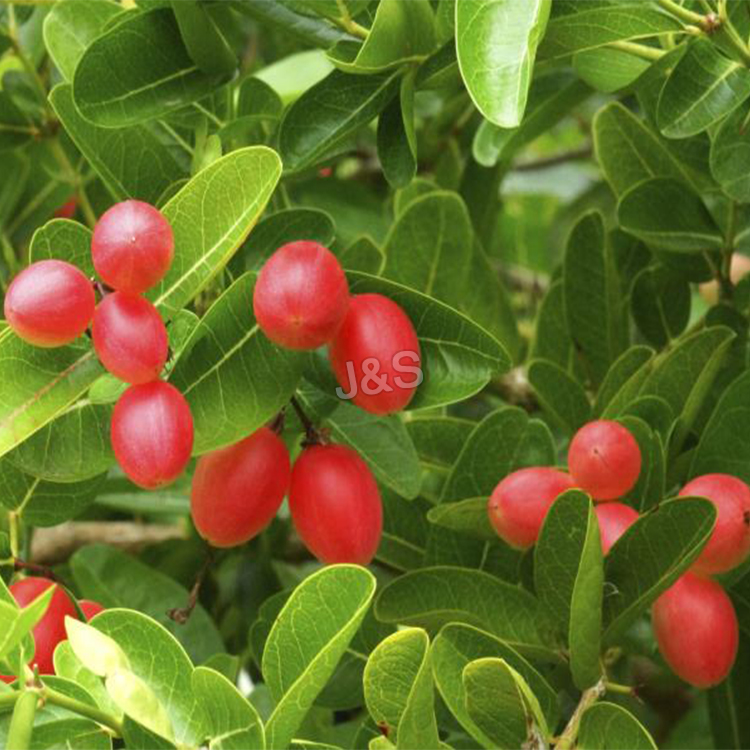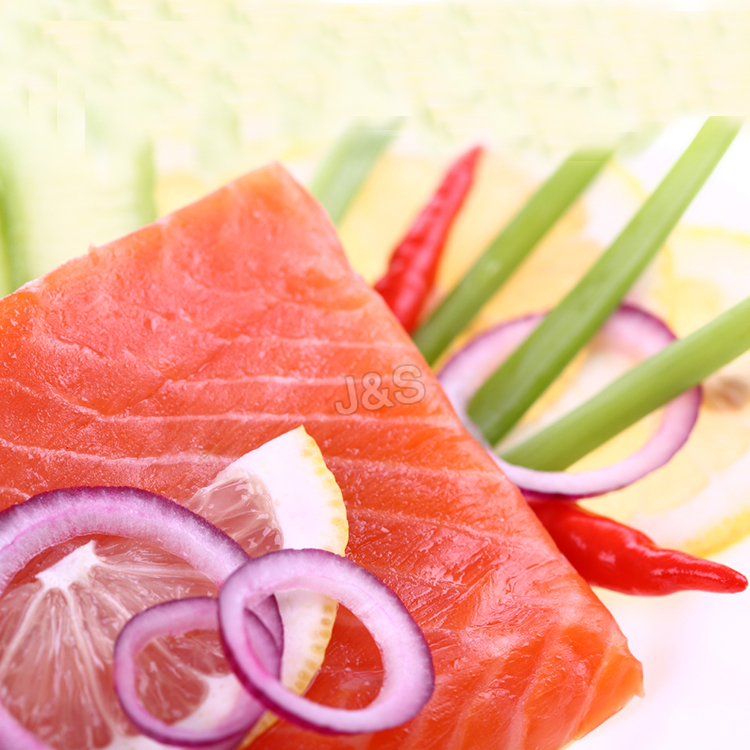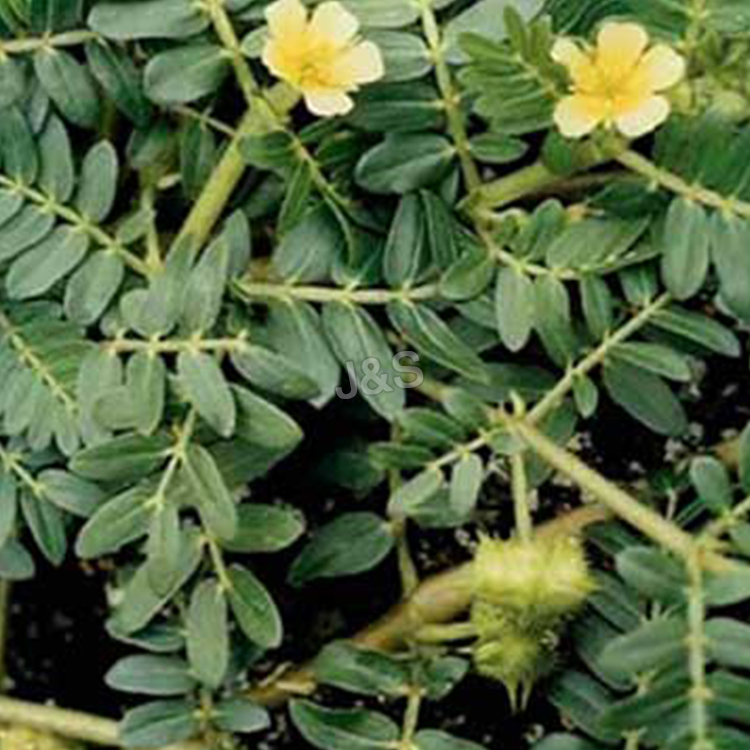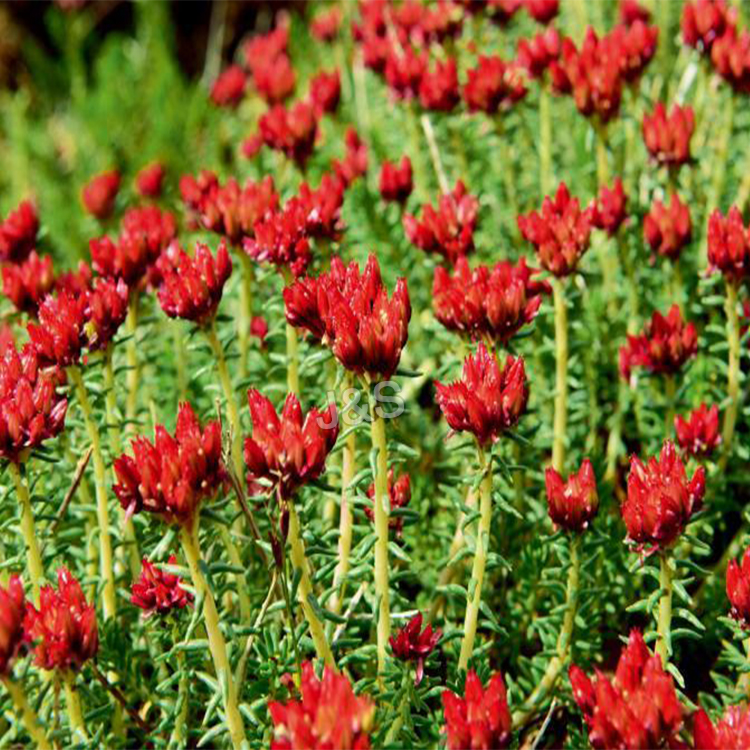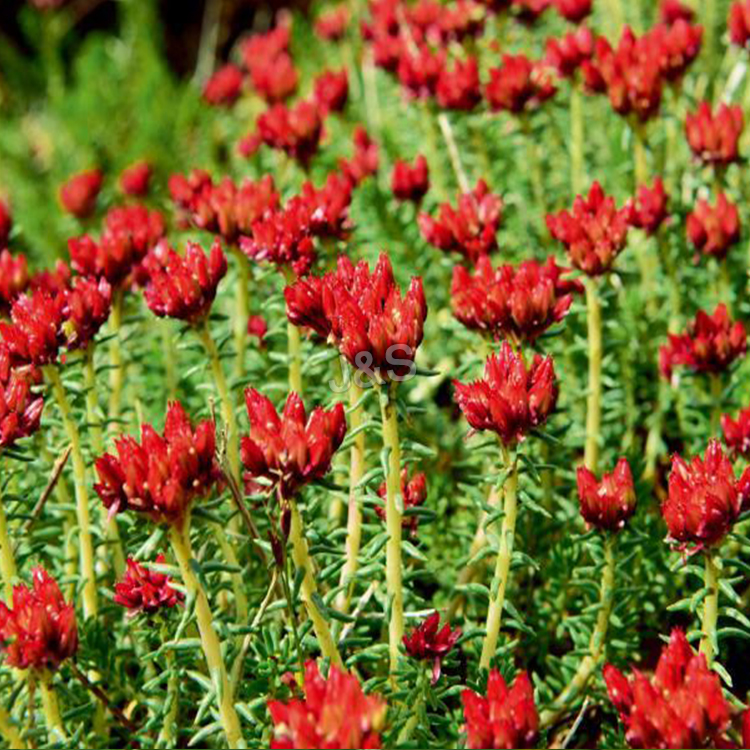Wholesale Price China Phytosterol Factory in United States
Wholesale Price China Phytosterol Factory in United States Detail:
[Latin Name] Glycine max(L.) Mere
[Specification] 90%; 95%
[Appearance] White powder
[Melting point] 134-142℃
[Particle size] 80Mesh
[Loss on drying] ≤2.0%
[Heavy Metal] ≤10PPM
[Storage] Store in cool & dry area, keep away from the direct light and heat.
[Shelf life] 24 Months
[Package] Packed in paper-drums and two plastic-bags inside.
[Net weight] 25kgs/drum
[What is Phytosterol?]
Phytosterols are compounds found in plants that resemble cholesterol. The National Institutes of Heath report that there are over 200 different phytosterols, and the highest concentrations of phytosterols are found naturally in vegetable oils, beans and nuts. Their benefits are so recognized that foods are being fortified with phytosterols. At the supermarket, you may see orange juice or margarine advertising phytosterol contents. After reviewing the health benefits, you may want to add phytosterol-rich foods to your diet.
[Benefits]
Cholesterol-Lowering Benefits
The most well-known, and scientifically proven, benefit of phytosterols is their ability to help lower cholesterol. A phytosterol is a plant compound that is similar to cholesterol. A study in the 2002 issue of “Annual Review of Nutrition” explains that phytosterols actually compete for absorption with cholesterol in the digestive tract. While they prevent the absorption of regular dietary cholesterol, they themselves are not easily absorbed, which leads to a total lower cholesterol level. The cholesterol-lowering benefit does not end with a good number on your blood work report. Having lower cholesterol leads to other benefits, such as a reduced risk for heart disease, stroke and heart attacks.
Cancer Protection Benefits
Phytosterols have also been found to help protect against the development of cancer. The July 2009 issue of the” European Journal of Clinical Nutrition” offers encouraging news in the fight against cancer. Researchers at the University of Manitoba in Canada report that there is evidence that phytosterols help prevent ovarian, breast, stomach and lung cancer. Phytosterols do this by preventing the production of cancer cells, stopping the growth and spread of cells that are already in existence and actually encouraging the death of cancer cells. Their high anti-oxidant levels are believed to be one way phytosterols help fight cancer. An anti-oxidant is a compound that fights free radical damage, which is negative effects on the body produced by cells that are unhealthy.
Skin Protection Benefits
A lesser known benefit of phytosterols involves skin care. One of the contributing factors in the aging of the skin is the breakdown and loss of collagen — the main component in connective skin tissue — and sun exposure is a major contributor to the problem. As the body ages, it is not able to produce collagen as it once did. The German medical journal “Der Hautarzt” reports a study in which various topical preparations were tested on skin for 10 days. The topical treatment that showed anti-aging benefits to the skin was the one that contained phytosterols and other natural fats. It is reported that phytosterols not only stopped the slow-down of collagen production that can be caused by the sun, it actually encouraged new collagen production.
Product detail pictures:
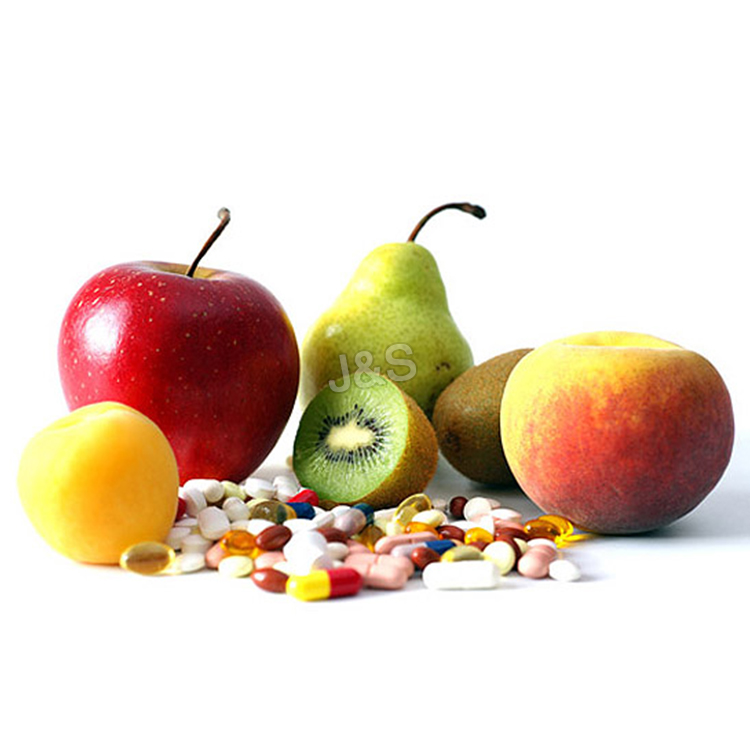
Related Product Guide:
Wholesale Price China Phytosterol Factory in United States , The product will supply to all over the world, such as: , , ,
Ask any question directly from Anurag Sharma
https://www.fjunction.com/ask
For personal Training mail me at
fitjunc@gmail.com
Join our Facebook group for all the discussions.
https://www.facebook.com/groups/fitjunc/
Find us on Facebook
https://www.facebook.com/FitJunc/
1. Garlic Contains a Compound Called Allicin, Which Has Potent Medicinal Properties
Garlic is a plant in the Allium (onion) family.
It is closely related to onions, shallots and leeks.
It grows in many parts of the world and is a popular ingredient in cooking due to its strong smell and delicious taste.
However, throughout ancient history, the main use of garlic was for its health and medicinal properties (1).
Its use was well documented by all the major civilizations… including the Egyptians, Babylonians, Greeks, Romans and the Chinese (2).
This is what garlic looks like:
Garlic Bulbs and Cloves
The entire “head” is called a garlic bulb, while each segment is called a clove. There are about 10-20 cloves in a single bulb, give or take.
We now know that most of the health effects are caused by one of the sulfur compounds formed when a garlic clove is chopped, crushed or chewed.
This compound is known as allicin, and is also responsible for the distinct garlic smell.
Allicin enters the body from the digestive tract and travels all over the body, where it exerts its potent biological effects (which we’ll get to in a bit).
Advertisement
Bottom Line: Garlic is a plant in the onion family, grown for its cooking properties and health effects. It is high in a sulfur compound called Allicin, which is believed to bring most of the health benefits.
2. Garlic Is Highly Nutritious, But Has Very Few Calories
Blonde With Onions, Garlic and Pepperoni
Calorie for calorie, garlic is incredibly nutritious.
A (28 grams) serving of garlic contains (3):
Manganese: 23% of the RDA.
Vitamin B6: 17% of the RDA.
Vitamin C: 15% of the RDA.
Selenium: 6% of the RDA.
Fiber: 0.6 gram.
Decent amounts of calcium, copper, potassium, phosphorus, iron and vitamin B1.
Garlic also contains trace amounts of various other nutrients. In fact, it contains a little bit of almost everything we need.
This is coming with 42 calories, with 1.8 grams of protein and 9 grams of carbs.
Bottom Line: Garlic is low in calories and very rich in Vitamin C, Vitamin B6 and Manganese. It also contains trace amounts of various other nutrients.
3. Garlic Can Combat Sickness, Including the Common Cold
Garlic
Garlic supplementation is known to boost the function of the immune system.
One large 12-week study found that a daily garlic supplement reduced the number of colds by 63% compared with placebo (4).
The average length of cold symptoms was also reduced by 70%, from 5 days in placebo to just 1.5 days in the garlic group.
Another study found that a high dose of garlic extract (2.56 grams per day) can reduce the number of days sick with cold or flu by 61% (5).
If you often get colds, then adding garlic to your diet could be incredibly helpful.
Bottom Line: Garlic supplementation helps to prevent and reduce the severity of common illnesses like the flu and common cold.
4. The Active Compounds in Garlic Can Reduce Blood Pressure
Elderly Woman Choosing Between Pills and Garlic
Cardiovascular diseases like heart attacks and strokes are the world’s biggest killers.
High blood pressure, or hypertension, is one of the most important drivers of these diseases.
Human studies have found garlic supplementation to have a significant impact on reducing blood pressure in people with high blood pressure (6, 7, 8).
In one study, aged garlic extract at doses of 600-1,500 mg was just as effective as the drug Atenolol at reducing blood pressure over a 24 week period (9).
Supplement doses must be fairly high to have these desired effects. The amount of allicin needed is equivalent to about four cloves of garlic per day.
Advertisement
Bottom Line: High doses of garlic appear to improve blood pressure of those with known high blood pressure (hypertension). In some instances, supplementation can be as effective as regular medications.
5. Garlic Improves Cholesterol Levels, Which May Lower The Risk of Heart Disease
Heart and Stethoscope
Garlic can lower Total and LDL cholesterol.
For those with high cholesterol, garlic supplementation appears to reduce total and/or LDL cholesterol by about 10-15% (10, 11, 12).
Looking at LDL (the “bad”) and HDL (the “good”) cholesterol specifically, garlic appears to lower LDL but has no reliable effect on HDL (6, 7, 13, 14, 15).
Garlic does not appear to lower triglyceride levels, another known risk factor for heart disease (10, 12).
Bottom Line: Garlic supplementation seems to reduce total and LDL cholesterol, particularly in those who have high cholesterol. HDL cholesterol and triglycerides do not seem to be affected.
Look what we found! There must have been 7 Reishi Mushroom on this one tree alone. Jackpot!
Reishi is the Queen of the medicinal mushroom family, what a beauty!
 By from -
By from -
 By from -
By from -
